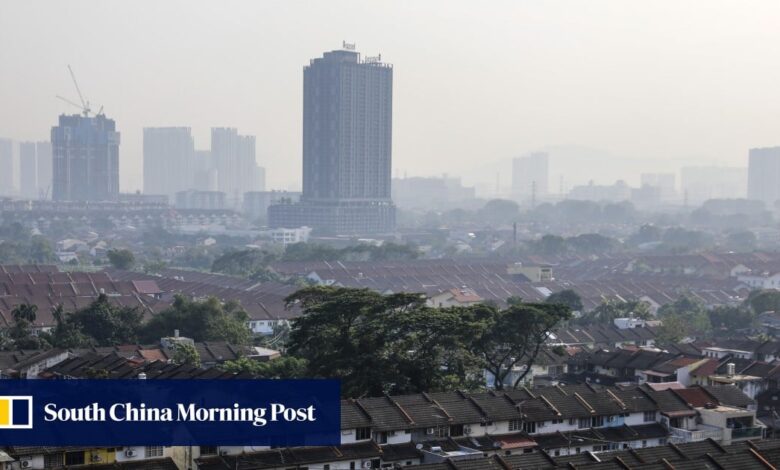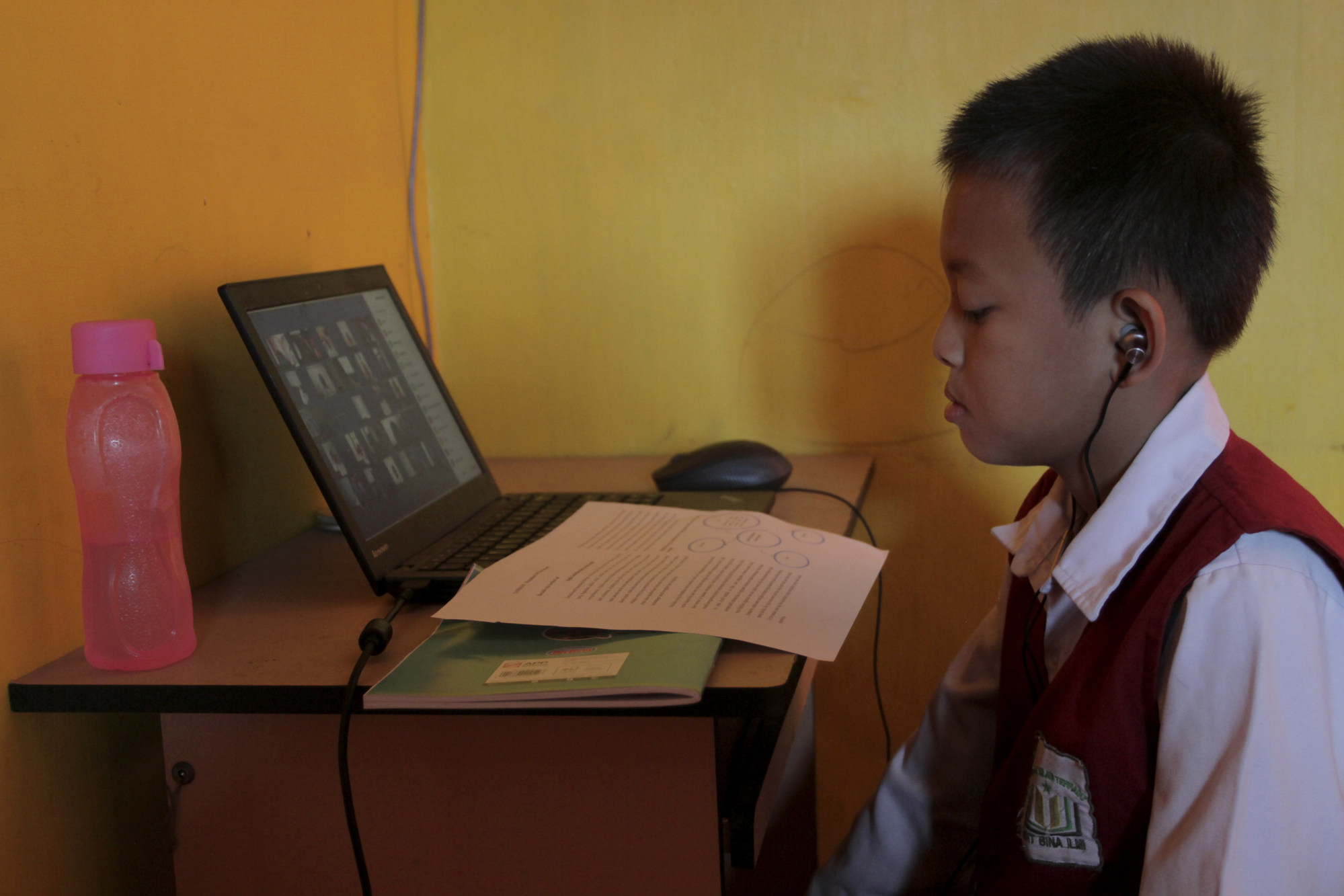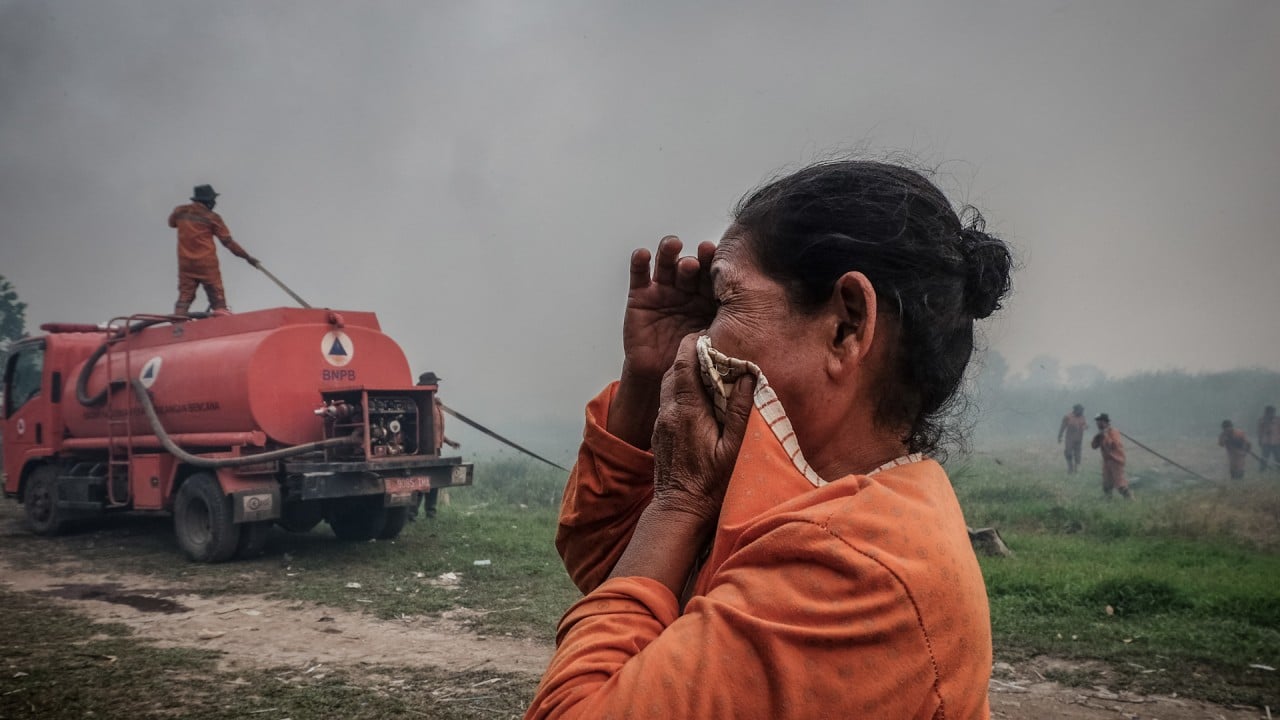Haze crisis in Southeast Asia sparks fresh blame game, as green groups urge laws to deter ‘bad apples’

For Malaysians, that meant an unwelcome return of the dreaded haze.
“I just don’t open my windows at home, because the terrible air just makes my skin all itchy,” said a children’s day care operator in Kuala Lumpur, who requested to be known only by their surname Lee.
“I tell the parents of all my kids here the same, close all the windows if you can and make sure the kids drink a lot of water. Hopefully the children don’t fall sick.”
Malaysia’s education ministry has instructed schools to stop outdoor activities if the country’s air pollution index (API) goes over 100, which is the baseline for unhealthy air levels, and school closures if the readings exceed 200.
Efforts to clear the air with rain by seeding clouds and other measures to cope with the pollution would come into effect when API readings reached 150 for more than 24 hours, Department of Environment director general Wan Abdul Latiff Wan Jaffar said late on Monday.
Singapore, another regular victim of the annual haze, recorded moderate air quality levels on Tuesday, according to data from its National Environment Agency.
Large-scale deforestation for agricultural land, especially oil palm plantations in Malaysia and Indonesia, has been blamed for the annual haze over the past two decades.
The haze also added to the negative headlines around palm oil – Indonesia and Malaysia are the world’s largest producers of a commodity used in everything from food and soap to lipstick.
In June, the European Union formally adopted a bar on imports to the agricultural produce linked to deforestation anywhere in its supply chain, leading to outcry from the two Southeast Asian producer countries.

Indonesian officials on Monday also pushed back against accusations that the haze originating from forest fires in Sumatra and Kalimantan had spread to Malaysia, stressing they had not detected any spread of haze outside their borders.
This was in response to an earlier warning by Malaysia’s department of environment on Friday of high pollution levels in the west coast of the peninsula and in the western region of Sarawak on Malaysian Borneo.
“We continue to follow up any development and there is no transboundary haze in Malaysia,” Indonesia’s Environment Minister Siti Nurbaya Bakar was quoted as saying in a Reuters report.
Indonesia’s foreign ministry said Malaysia had not filed any diplomatic complaint on the haze.
Officials from Malaysia’s environment and foreign ministries did not immediately respond to requests for comment.

Malaysia recorded unhealthy air levels of up to 158 on its API in as many as 18 locations on Monday, mostly concentrated in the affluent Klang Valley region which holds the capital city of Kuala Lumpur and numerous industrial zones in the country’s richest state of Selangor.
The number of locations with unhealthy air levels went down to 3 as of 3pm on Tuesday, although 62 other locations across the country registered moderate pollution levels.
Air quality in South Sumatra hit “dangerous” levels on Monday, forcing local officials to order students to attend online classes as more than 300 forest and peatland fires raged on the island’s southern region, according to an AP report.
Greenpeace said the latest haze crisis added urgency to the need for Asean member states to enact domestic transboundary haze pollution laws so that they could crack down on “bad apples” among companies involved in large-scale agriculture activities that contributed to the annual problem.
“It can provide legal grounds for each country to institutionalise checks and balances to ensure their own companies operate responsibly,” Heng Kiah Chun, regional campaign strategist for Greenpeace Southeast Asia, said on Tuesday.
But operating in domestic legal silos may not bring the intended effect as many agriculture firms, especially companies overseeing large-scale oil palm plantations, are multinational organisations that operate across Asean jurisdictions, according to Kiu Jia Yaw, a sustainability development lawyer.
‘Don’t talk carelessly’: Malaysia spars with Indonesia over haze, pollution data
‘Don’t talk carelessly’: Malaysia spars with Indonesia over haze, pollution data
A key solution is for Asean leaders to expand on the 2002 Asean Agreement on Transboundary Haze Pollution to include legal accountability of corporations, Kiu said.
Member states also should share data on companies and plantation activities between them to keep track of who should be responsible when haze occurs.
“The fact is we are being assaulted by particles that are emitted by human activity. To the individual, [the effects] are so minute. It is such a small amount that it doesn’t justify going across jurisdictions to seek redress,” Kiu said.
“But across society, the effects are great. That is the paradox of this type of pollution, and likewise, climate change. It is a phenomenon that is the result of organised irresponsibility.”
Additional reporting by Reuters






